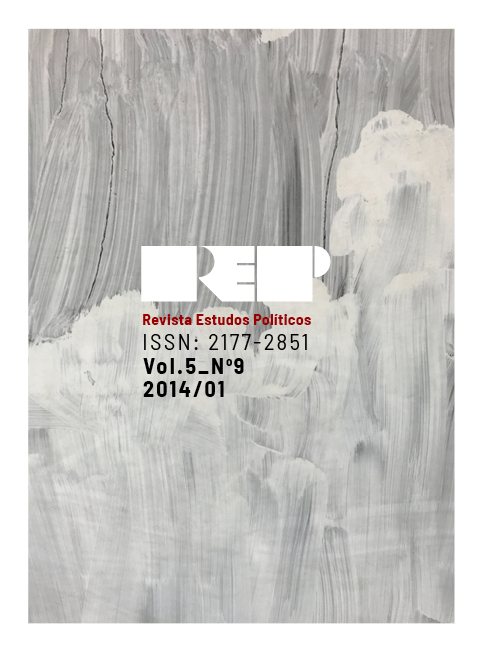Social policies and power in Brazil
DOI:
https://doi.org/10.22409/rep.v5i9.40355Palavras-chave:
Social policy, social movements, international cooperation, public diplomacyResumo
What can explain the turning of a social policy into an electoral triumph in the greater part of South America? Or the importing by Arab, African and Asian countries of social programs based on experiments in Brazil? Our argument seeks to support the hypothesis that the cases listed above illustrate both a regional and global trend in which Brazil is the spearhead. After being regarded as “villains” in the 1970s and 1980s, several States have once again found that their social policies are serving as important “escape valves” and strategic instruments of government management. This contemporary dynamic has its roots in factors such as the following: (1) the reprocessing of the demands of the social movements are acting in a transnational manner; (2) there is a greater willingness to accept measures involving international cooperation, with Brazil as the driving-force; (3)“public diplomacy” is being strengthened, as illustrated by Brazil´s foreign policy under the presidency of Lula da Silva.Downloads
Downloads
Publicado
Edição
Seção
Licença
Para submeter um manuscrito, os autores devem realizar o cadastro na plataforma, fornecer os dados solicitados e seguir as orientações recomendadas. Para tanto, será necessário apresentar o número da identidade de pesquisador. Para obtê-lo, é necessário realizar o cadastro na plataforma Open Researcher and Contributor ID (ORCID).
Ao submeter um manuscrito, os autores declaram sua propriedade intelectual sobre o texto e se comprometem com todas as práticas legais relativas à autoria. A submissão implica, ainda, na autorização plena, irrevogável e gratuita de sua publicação na REP, a qual se responsabiliza pela menção da autoria.
A REP tem acesso aberto e não cobra pelo acesso aos artigos.
Orientando-se pelo princípio de que tornar público e disponibilizar gratuitamente o conhecimento científico contribui para a democratização mundial do conhecimento, a REP adota a política de acesso livre e imediato ao seu conteúdo.
No mesmo sentido, a REP utiliza a licença CC-BY, Creative Commons, a qual autoriza que terceiros distribuam, remixem, adaptem e criem a partir do trabalho, inclusive para fins comerciais, desde que se reconheça e torne público o crédito da criação original.
Para mais informações, contatar a editora através do e-mail revistaestudospoliticos@gmail.com


